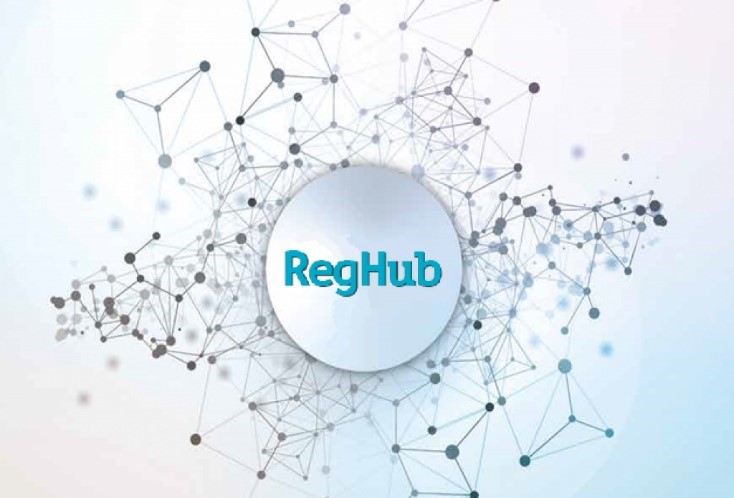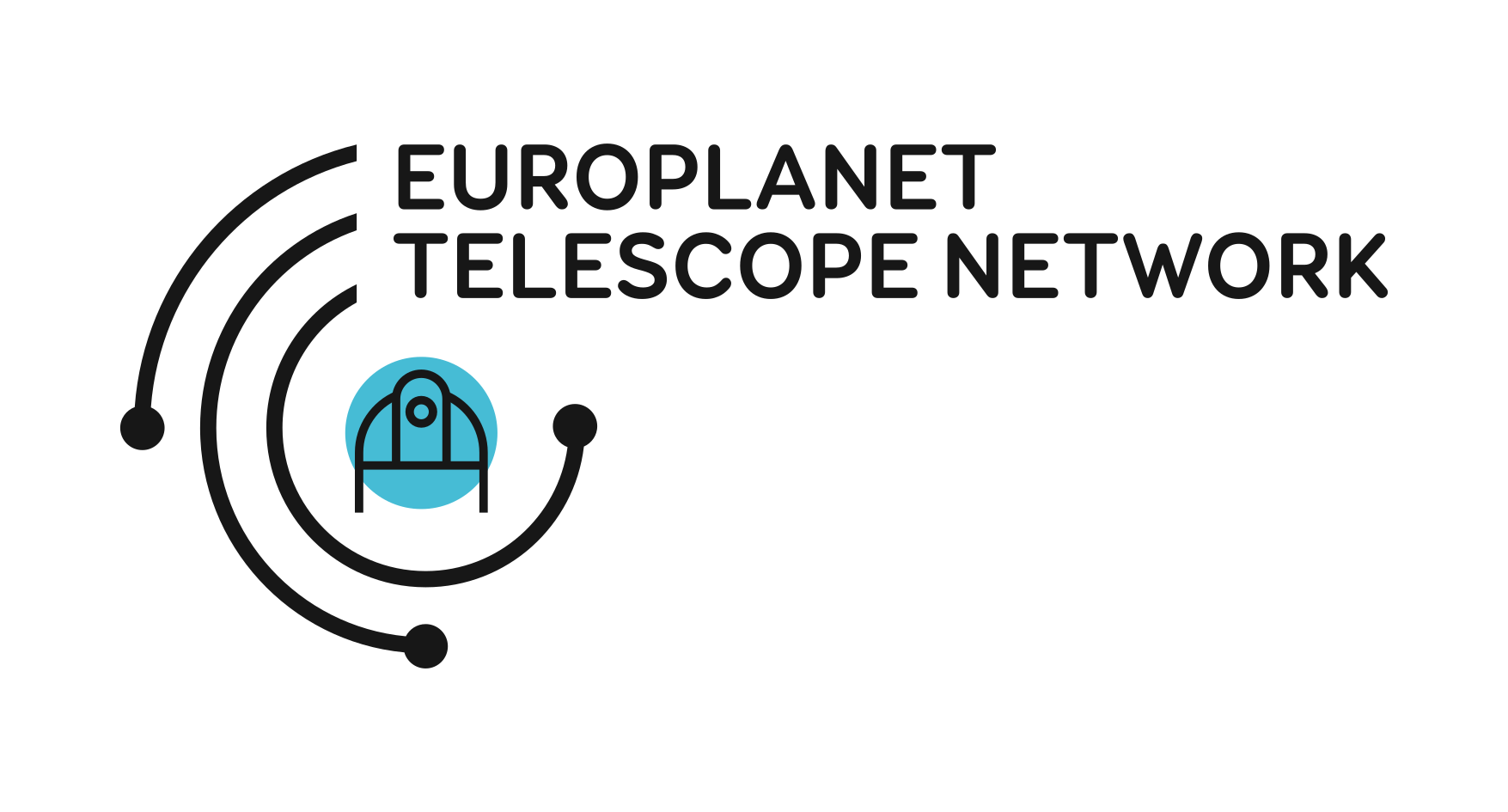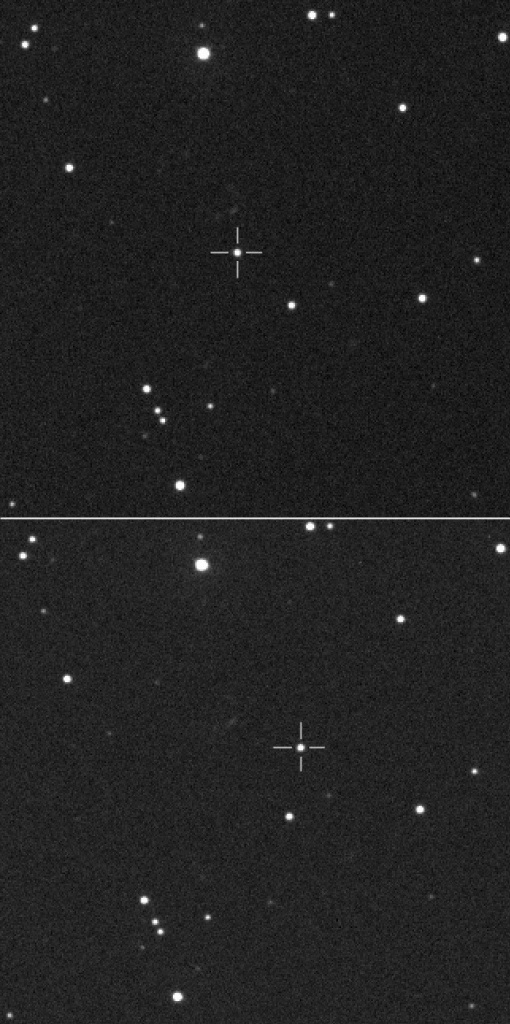Training in Storytelling and Theatre as a Tool for Science Outreach
The Europlanet Society’s Committee Funding Scheme provides awards of €1000-5000 to supports projects that further the aims of the Europlanet Society and actively involve its members. In 2020, the Society supported an application by the Benelux Hub for a project called ‘Planetary Atmospheres Accessible to All’ that would enable researchers to collaborate with performers and storytellers in producing unique augmented lectures that use performing arts techniques to engage public audiences.
This online workshop, aimed at 10 selected BIRA / IASB / Europlanet researchers, has provided the practical tools to become storytellers of science with a special emphasis on addressing a general audience and/or students.
The workshop was divided into three half-day sessions (11, 14, 18 December 2020, 09:00 → 13:00 ).
The first half-day focused on defining and prioritizing the key themes which help to communicate Aeronomy to target audiences, by connecting them to societal issues. A process of collective intelligence and design thinking has been used to facilitate the emergence of key themes that can be integrated in the Augmented Lectures, if they will be produced.
Based on the outcomes, the second session has provided training in the creation of a science outreach story and its delivery (storytelling). We focused on and applied the fundamental ingredients of stories (starting from a simplified Hero’s Journey). Each participant has had the chance to prepare one short story on his/her topic of interest.
During the third half-day session, these stories have been presented to invited artists, and possible collaborations have been explored between art-science pairs to cocreate Augmented Lectures to further enhance the project.
The online workshop by Dr Andrea Brunello and Dr Pierre Echard of Jet Propulsion Theatre (JPT) was supported by the Europlanet Society Benelux Hub.
Organisers: Dr Andrea Brunello (JPT), Dr Ann Carine Vandaele (BIRA-IASB), Dr Arianna Piccialli (BIRA-IASB), Karolien Lefever (Royal Belgian Institute for Space Aeronomy), Dr Pierre Echard (JPT)







